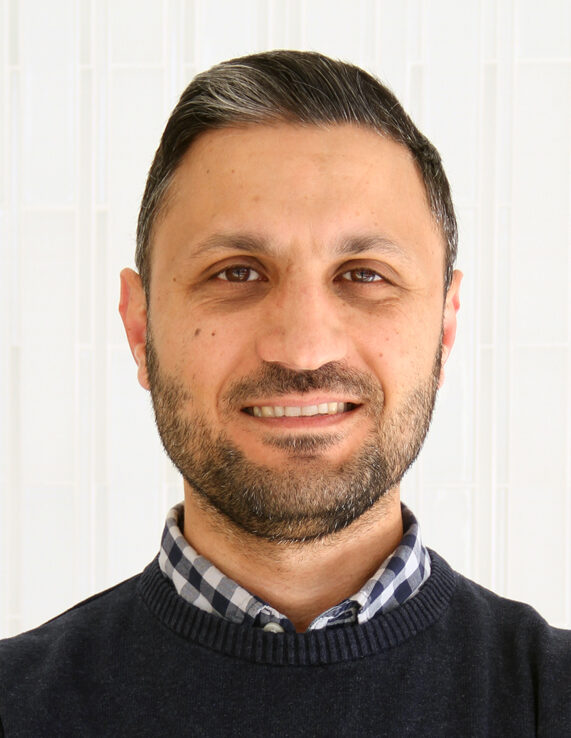
[tta_listen_btn listen_text=”Click to listen to this story” pause_text=”Pause” resume_text=”Resume” replay_text=”Replay” start_text=”Start” stop_text=”Stop”]
A York University researcher’s work on blocking inflammation in gout has been named one of the most significant advancements in arthritis research in 2023 by Arthritis Society Canada.

Ali Abdul-Sater, an associate professor in the School of Kinesiology & Health Science in the Faculty of Health, alongside his research team, discovered that a protein called TRAF1 can help limit the body’s production of a substance called interleukin-1 beta (IL-1β), which is a main cause of gout.
“It is a great honour to see that our work is recognized for its impact, and all the credit goes to the trainees that did the research,” said Abdul-Sater, who is also a York Research Chair in Regulatory Mechanisms of Inflammation. “In the future, we are developing new methods to target TRAF1 in a way that improves its ability to lower IL-1 β and reduce joint inflammation.”
The research team’s findings were published last year in the Journal of Immunology, detailing how adequate levels of TRAF1 in the body can alleviate the severity of gout.
Gout, a type of inflammatory arthritis, is a disease that typically affects the feet and can include symptoms of joint pain, stiffness and swelling, among others. According to Arthritis Society Canada, six million Canadians – or one in five adults – live with arthritis.
“Given the impact on patients, the health-care system and society at large, research is critical to transforming how arthritis is diagnosed, treated and prevented, and ensuring people receive the best possible care to improve the quality of their lives,” said Siân Bevan, chief science officer at Arthritis Society Canada, who helped fund the work.
For a full list of the top 10 research advances of 2023 recognized by the non-profit organization, visit Arthritis Society Canada’s website.
